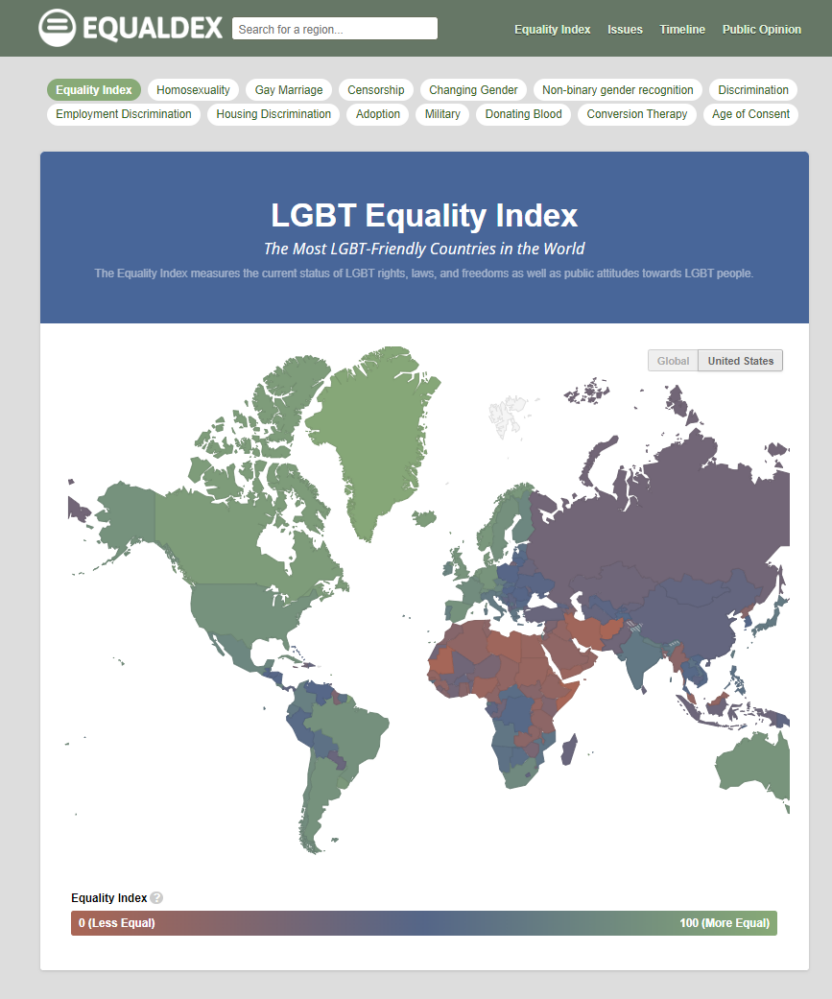Mexican government sends conflicting messages over death of nonbinary magistrate
Mexican authorities on Tuesday sent conflicting messages about the violent death of a leading LGBTQ figure after thousands marched Monday night demanding justice.
Jesús Ociel Baena was found dead next to their partner in their home in the central Mexican city of Aguascalientes on Monday, according to state prosecutors. Baena, the first openly nonbinary person to assume a judicial post in Mexico, was one of the most visible LGBTQ figures in a country where the community is often violently targeted.
Baena and their partner had already received death threats and hateful messages and had protection from state security, prompting many across the country Monday to call their death a hate crime.
Authorities have provided minimal details about the slaying and local prosecutors hinted it may have been a murder-suicide.
“It may seem like a not very credible hypothesis to many, but we’re being very careful to leave a record and preserve all evidence,” said state prosecutor Jesús Figueroa Ortega.
Federal authorities, however, urged caution in the investigation Tuesday. Félix Arturo Medina, an official with Mexico’s Interior Ministry, said “it’s important to not throw out any line of investigation,” adding that they hoped to coordinate with state authorities to investigate the deaths.
“It’s a relevant case for us, not just because of the activism the magistrate was carrying out,” but also because the government wants all crimes to be investigated, Medina said.
Impunity runs rampant in Mexico. Only 1% of all crimes committed were reported, investigated and resolved in 2022, according to a survey by National Institute of Statistics and Geography.
The state authorities’ hypothesis was quickly rejected by many in Mexico’s LGBTQ community.
Alejandro Brito, director of the LGBTQ rights group Letra S urged authorities to continue to investigate the incident and to take into consideration the context of the case, and threats of violence against Baena.
Brito called state prosecutor’s version of events “loaded with prejudices” and said quick conclusions made by local authorities have only deepened distrust of authorities among historically victimized communities.
“In these types of homicides they always try to disqualify or belittle,” Brito said. “These statements that the prosecutor is giving, what they’re doing isn’t clarifying the acts, they’re adding fuel to the fire of these prejudices.”
People who knew Baena said the magistrate and Herrera in recent weeks were chipper and talked passionately about future activism.
Brito was echoed by thousands who gathered in the heart of Mexico City lighting candles over photos of Baena and other victims of anti-LGBTQ violence Monday night. They shouted “Justice” and “We won’t stay silent” and demanded a thorough investigation into the deaths.
“Ociel is, and was, the most relevant figure in today’s fight for human rights for the LGBTQ+ community,” said Humberto Dena, a 24-year-old carrying a candle alongside thousands of others in the march. “We want [the authorities] to continue to investigate this case, and not just say it was a ‘crime of passion.’”
In becoming a magistrate in October 2022, Baena was thought to be the first nonbinary person in Latin America to assume a judicial position. Baena broke through another barrier this May as one of a group of people to be issued Mexico’s first passports listing the holders as nonbinary.
Baena appeared in regularly published photos and videos wearing skirts and heels and toting a rainbow fan in court offices and advocated on social media platforms, drawing hundreds of thousands of followers.
“I am a nonbinary person. I am not interested in being seen as either a woman or a man. This is an identity. It is mine, for me, and nobody else. Baena posted on X, formerly Twitter, in June. “Accept it.”
Last month, the electoral court presented Baena with a certificate recognizing the magistrate with the gender neutral noun “maestre,” a significant step in Spanish, a language that splits most of its words between two genders, masculine or feminine.
While Mexico has made significant steps in reducing anti-LGBTQ violence, Brito’s Letra S documented a jump in violence against sexual minorities in 2019. In that year alone, at least 117 lesbian, gay and bisexual and transgender people were slain. Many were grisly killings, including brutal stabbings and public slayings.
The National Observatory of Hate Crimes Against LGBTI+ Persons in Mexico registered 305 violent hate crimes against sexual minorities in 2019-2022, including murder, disappearances and more.
If you or someone you know is in crisis, call 988 to reach the Suicide and Crisis Lifeline. You can also call the network, previously known as the National Suicide Prevention Lifeline, at 800-273-8255, text HOME to 741741 or visit SpeakingOfSuicide.com/resources for additional resources.
